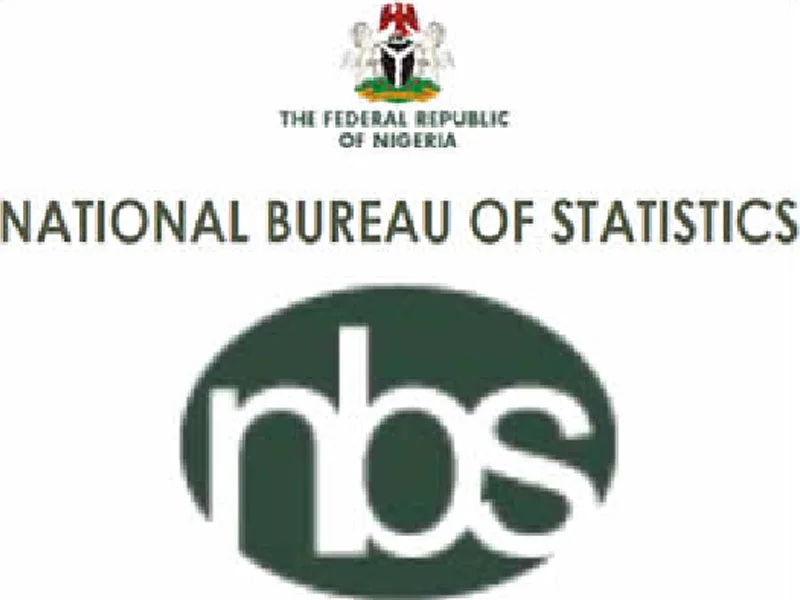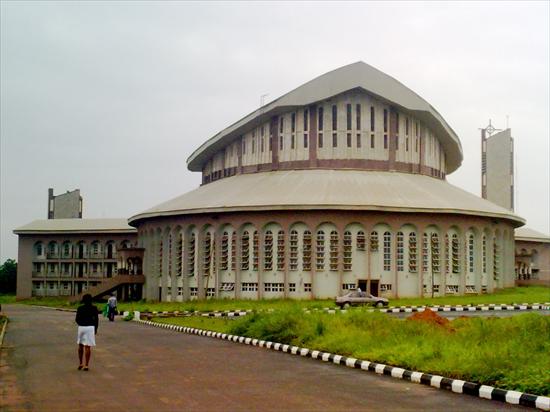A Federal High Court sitting in Lagos has ruled that the Nigerian Broadcasting Commission (NBC) acted beyond its powers in seeking to regulate the practice of advertising in Nigeria.
The court which ruled on the case filed by a Lagos based journalist, Mr Femi Davies, said NBC’s action contravenes provisions of the extant Advertising Practitioners (Regulation) Act of 2004.
Justice Ambrose Lewis-Allagoa who held that the NBC lacks the power to prohibit exclusivity on privately acquired intellectual property right in programme contents of a right holder viz a viz the salient provisions of the constitution and the copyright act, also set aside the proposed amendment to the 6th Edition of the NBC Code for being ultra vires, incompetent null and void, and perpetually restrained the Commission from implementing it.
Approaching the court on the case, Mr Davies contended among other things that the amendment sought by the defendant to the 6th edition of the Nigerian Broadcasting Code is in violation of his rights to own intellectual property in Nigeria over which he can exercise exclusive rights.
He stated that the amendment if allowed, will greatly affect business and the development of the country as a whole as it will frustrate tonnes of investment and hard work of many years.
The reliefs Mr Davies sought for include;
“A declaration that the NBC lacks the requisite vires to prohibit exclusivity on privately acquired intellectual property right in program content of a right-holder viz-a-viz the salient provisions of the constitution and the Copyright Act.
“A declaration that the commission acted ultra-vires in so far as it sought to regulate the practice of advertising in Nigeria contrary to the provisions of the extant Advertising Practitioners (Registration, etc) Act, 2004.
“A declaration that the commission acted ultra vires when it sought to retroactively compel right holders of programme content to compulsorily share extant right acquired under existing licence under the proposed amendment to the 6th Edition of the NBC Code.
“A declaration that the commission acted ultra vires when it sought to retroactively compel right holders of programme content to compulsorily share extant right acquired through a partnership and /or joint venture with an investor under the proposed Amendment to NBC Code.
“An order setting aside the amendment of the NBC Code and an order of perpetual injunction restraining the NBC from implementing the Amendment to the NBC Code.”
The NBC on its own part, claimed that the amendment to the 6th broadcasting code was done to protect local operators, promote creativity and maximize local contents due to the anti trust provisions contained in the amendment.
The commission also said that the amendment was intended to among other things stimulate growth in the industry and attract foreign investment which would benefit the media industry generally.
However ruling on the case, Justice Lewis-Allagoa said;
“I agree with the submission that acquisition of exclusive rights to Broadcast a particular program is an investment for returns and by virtue of the above-stated provisions, no one should be forced to surrender same when it is lawfully acquired…
“I am in agreement with the plaintiff counsel that the said proposed amendment is a violation of the principle of fair hearing and natural justice. The proposed amendment purports that the defendant NBC shall without any fact-finding or recourse to the other party place the advertising agency on its black list, solely based on the complaint of a media house to the defendant and the defendant acting has the authority to itself shall pass its verdict without hearing the other parties.
“I have determined the questions in the originating summon in favour of the plaintiff.
“For reasons hereinbefore given, consequently, all the reliefs sought by the plaintiff are granted as prayed. That is the judgment of the court .”






2 Comments